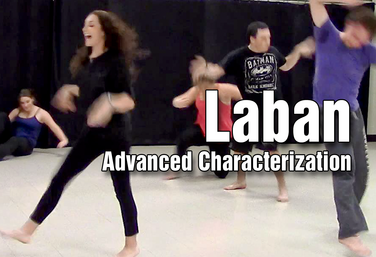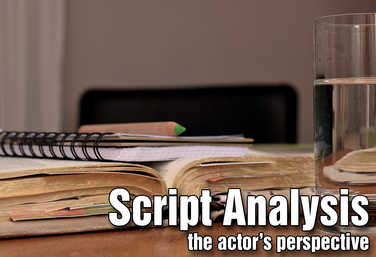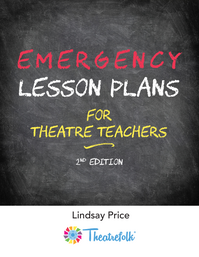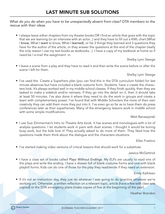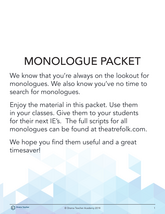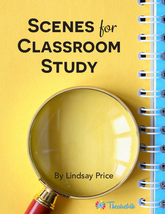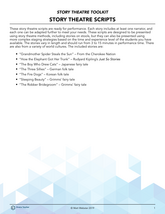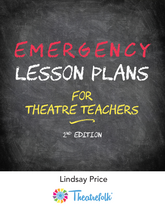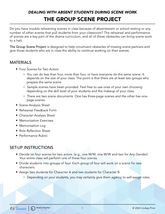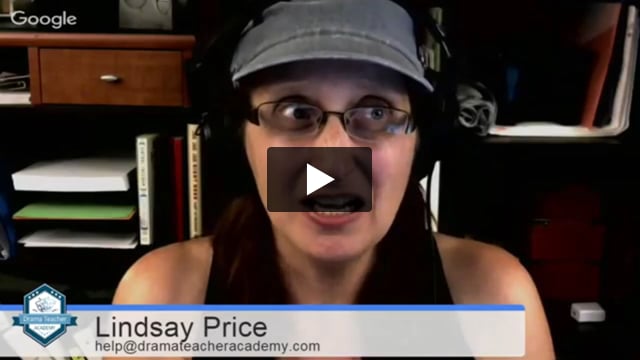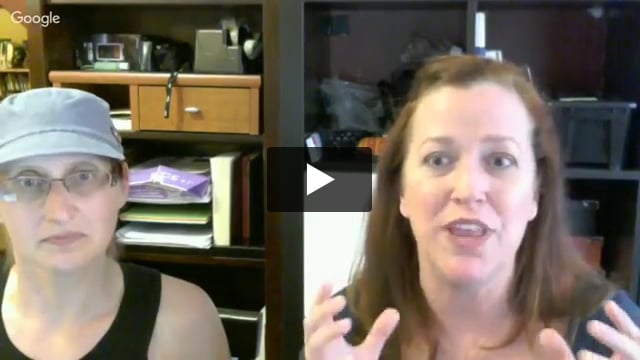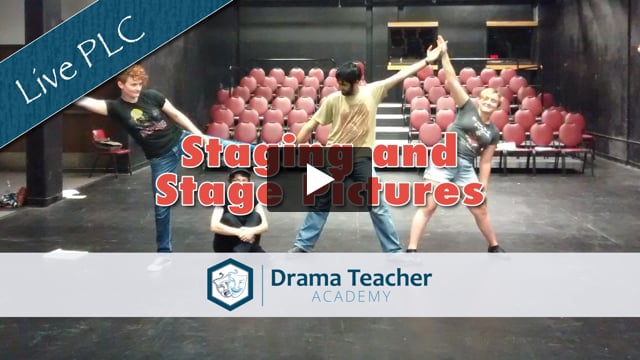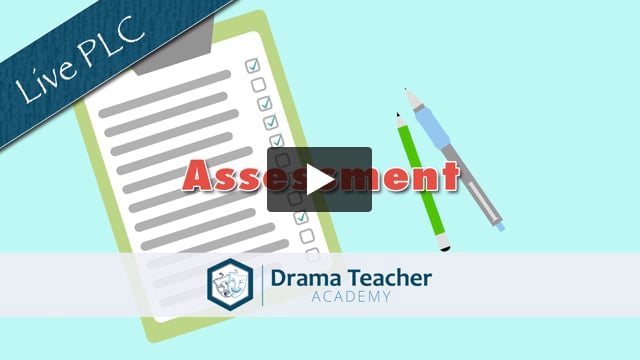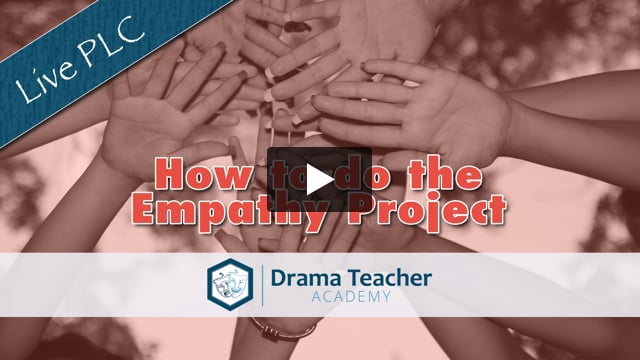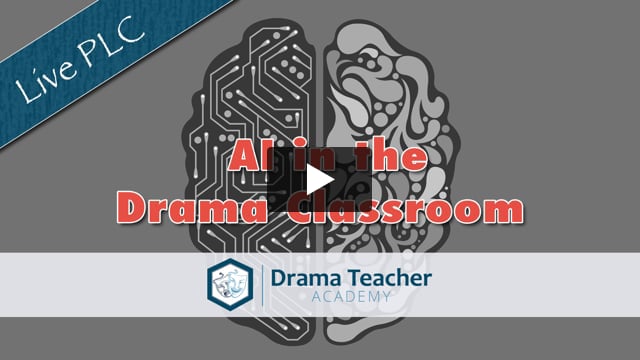Items tagged "Popular"
3 Courses, 6 Units, 1 Lesson Plan, 6 Resources, and 6 PLCs tagged "Popular" for Drama Teachers.
Courses
Friendly Shakespeare
by Todd Espeland
Laban: Advanced Characterization
by Todd Espeland
Shakespeare's Toolkit
by Todd Espeland
Units
Voice
by Karen Loftus
Script Analysis: The Actor's Perspective
by Karen Loftus
Character Analysis - Part 1
by Matt Webster
Lighting
by Josh Hatt
Unit One: Ensemble Building and Class Norms
by Lindsay Johnson
Unit Four: Intro to Scripted Scenes
by Lindsay Johnson
Lesson Plans
00 - Emergency Lesson Plans Ebook
by Lindsay Price
Resources
Last Minute Sub Solutions
Monologue Packet
00 - Scenes for Classroom Study eBook
13 - Story Theatre Scripts
Emergency Lesson Plans eBook
Dealing with Absent Students During Scene Work: The Group Scene Project
PLCs
Tech Hacks: Tips and tricks to make your production a technical success!
Hosted by Matt Webster and Holly Beardsley
Let's get physical
Hosted by Matt Webster, Allison Williams
Staging and Stage Pictures
Hosted by Matt Webster, Lindsay Price, Karen Loftus, Shelby Steege
Assessment
Hosted by Matt Webster, Lindsay Price, Lindsay Johnson, Shelby Steege
How to Execute the Empathy Project in your Drama Classroom
Hosted by Matt Webster, Lindsay Price, Christa Vogt, Shelby Steege
AI in the Drama Classroom
Hosted by Matt Webster, Lindsay Price, Jessica McGettrick, Elizabeth Holbrook

